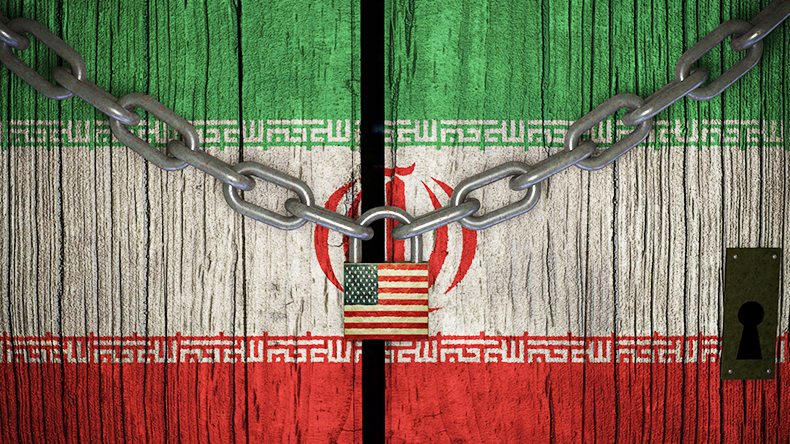Already a subscriber? Make sure to log into your account before viewing this content. You can access your account by hitting the “login” button on the top right corner. Still unable to see the content after signing in? Make sure your card on file is up-to-date.
Iran has announced it will not engage in direct nuclear talks with the United States until President Donald Trump drops his “maximum pressure” campaign against the Iranian government.
Some shit you should know before you read: One day before Israeli Prime Minister Benjamin Netanyahu met with President Trump in Washington DC, Trump announced the reintroduction of his “maximum pressure” campaign against Iran, citing no choice but to act due to concerns over Iran’s advancing nuclear program. Despite claiming he preferred a diplomatic resolution, Trump argued that Iran’s accelerated uranium enrichment left him with limited options. The campaign includes stringent economic sanctions aimed at crippling Iran’s oil exports, its main revenue source. As part of this strategy, the US yesterday targeted Iran’s “shadow fleet”—a network of covert oil tankers used to evade international sanctions and secretly transport Iranian crude to buyers worldwide. These vessels often operate under false flags, switch off tracking systems, and engage in ship-to-ship transfers to obscure their origin, complicating global enforcement of the sanctions.

What’s going on now: While speaking alongisde Russian Foreign Minister Sergei Lavrov, Iran’s Foreign Minister Abbas Araghchi ruled out the possibility of direct nuclear talks with the United States as long as Washington continues its “maximum pressure” campaign. He said, “Iran’s position regarding nuclear talks is clear, and we will not negotiate under pressure and sanctions. There is no possibility of direct negotiations with the US as long as maximum pressure is being applied in this way.”
Araghchi argued that negotiations must occur in an atmosphere of mutual respect and without the threat of sanctions that target Iran’s main economic lifeline—its oil industry. He also indicated that Iran is coordinating closely with international allies, saying, “On the nuclear issue, we will move forward with the cooperation and coordination of our friends in Russia and China.”
This all comes as tensions have been rising over the last few weeks amid growing speculation that Israel, possibly with US support, could conduct a military strike on Iran’s nuclear program. In response, Iran has reportedly placed its nuclear facilities on high alert and has placed additional air defense systems around key nuclear and missile sites. According to sources cited by The Telegraph, Iranian authorities are “anticipating [an attack] every night” and have heightened security even at undisclosed locations.
Adding to the tension, high-level meetings have recently taken place between US Defense Secretary Pete Hegseth and defense officials from both Saudi Arabia and Israel.






